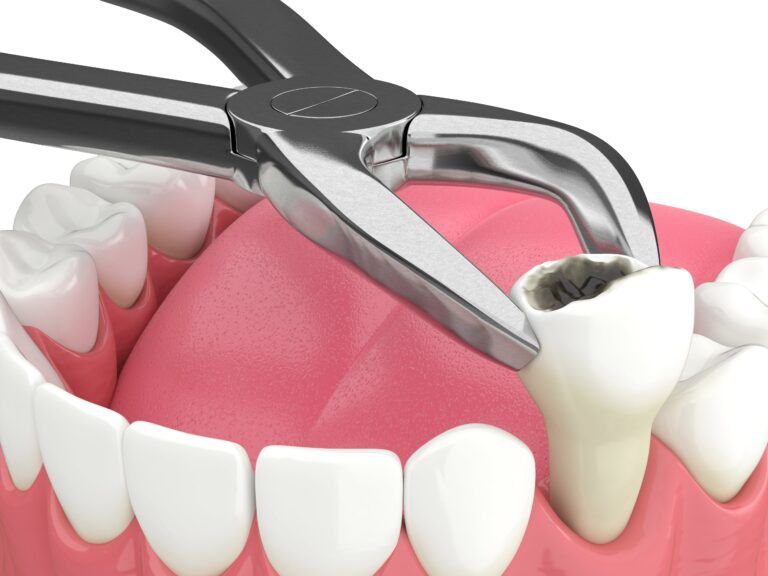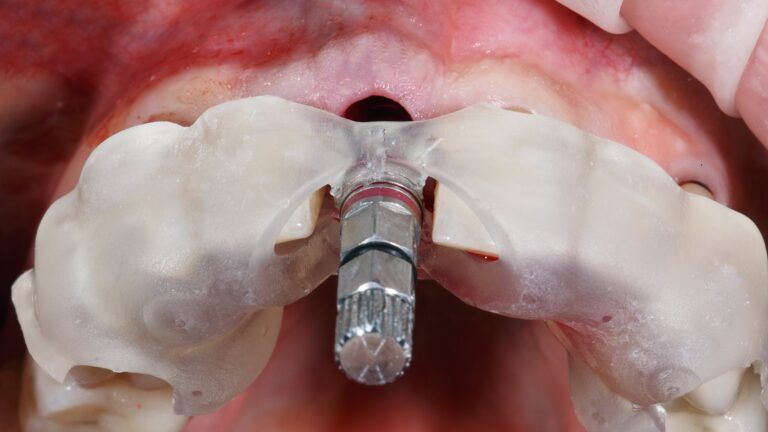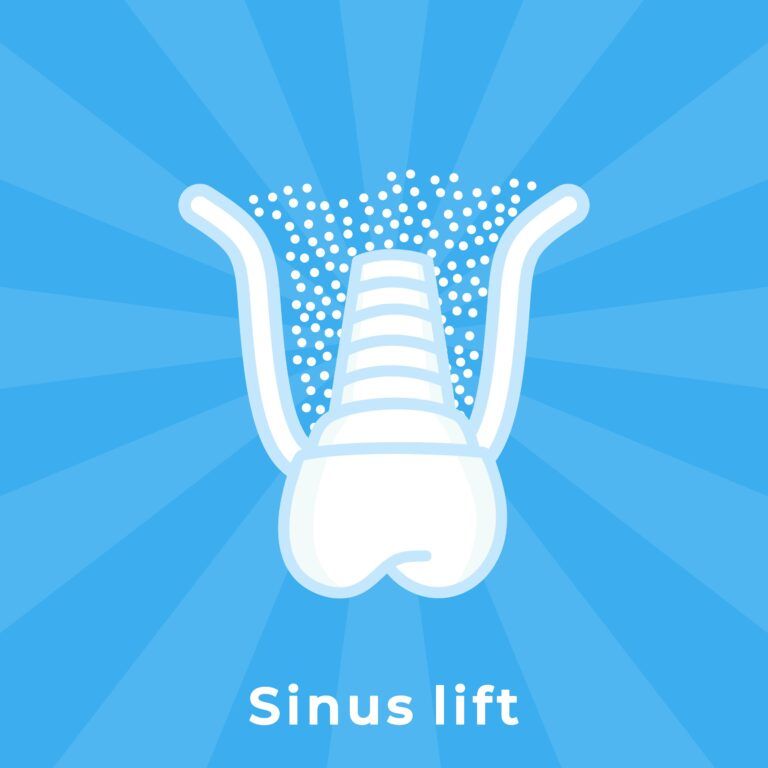Having dental implants placed to replace missing teeth comes with a variety of benefits, which is why dental implant surgery continues to be increasingly popular. However, the one downside of dental implants is that people with missing teeth need to have an adequate amount of bone mass so that the implants have something to fuse with and support them. When it comes to placing dental implants into the upper arch, some people with low bone mass may qualify for a procedure known as a sinus lift. Perhaps you have even had a sinus lift yourself. In the unfortunate case that a sinus lift fails, you may be wondering if it is still possible for you to get dental implants.
What is a sinus lift?

For starters, let’s take a look at what a sinus lift entails. Sinus lifts are basically bone grafts for the upper arch placed between the molars and premolars. The goal of a sinus lift is to place bone graft material in areas of low bone mass in order to thicken the upper jawbone. Thickening the upper jawbone in certain areas essentially lifts the sinus cavities so that dental implants can safely be placed without puncturing the sinus cavity. This allows people with low bone mass to safely have dental implants placed in their upper arch.
Sinus Lift Complications
While most sinus lift procedures are successful, there are cases where they can fail. Although rare, sinus lift complications that can result in failure include:
- Bone graft material dislodges after blowing nose or sneezing
- Infection (Sinusitis)
- Grafted area cannot develop a blood supply, meaning that existing bone and bone graft material cannot integrate
- Implant cannot integrate with bone and/or bone material
What to do when a sinus lift fails?
Let’s say you’re one of those rare cases where a sinus lift fails, now what? Most dentists would let the area heal and then suggest repeating the procedure for better results. In some cases, this may be the best option and can have good results. However, there is also another option that many people are not aware of because it is still relatively new to the field of dentistry.

Instead of undergoing a second sinus lift procedure, which may or may not fail, it is possible to opt for a different type of dental implant known as a zygomatic implant. Zygomatic implants are specialized images that are designed to be placed in the zygomatic bone instead of the jawbone. Your zygomatic bone is more commonly known as the cheekbone and it is not affected by bone loss in the same way as your jawbone. Furthermore, the zygomatic bone is overall stronger than your jawbone.
Unlike traditional dental implants, zygomatic implants are much longer so that they can pass through the jawbone and into the cheekbone. They are also inserted at an angle for maximum strength to support an entire arch of upper teeth. Despite their extra length, however, most people note that getting zygomatic implants feels the same as getting traditional dental implants.
Finally, zygomatic implants are less likely to fail than dental implants placed with a sinus lift. This is because zygomatic implants are immediately placed into a stable bone with more than enough bone mass for support. This also means that zygomatic implants can immediately support an upper arch denture. Traditional dental implants, on the other hand, are placed in the jawbone, where they must heal for about 3-6 months to ensure they have fused with the jawbone and are strong enough to support a dental prosthetic. If a traditional dental implant fails to fuse with the surrounding bone, then the entire implant must be removed and the implant procedure must be repeated.

Irfan Atcha, DDS, DICOI, DADIA at New Teeth Chicago Dental in Chicago, Illinois is a board-certified general dentist and a nationally recognized expert in dental implants, cosmetic dentistry, and sedation dentistry. Dr. Atcha is now serving patients in Naples, Bonita Springs and SW FL area with All-on-4 implants, teeth-in-a-day, same day dental implants and the complex zygomatic dental implants for the no-jaw bone solution approach. To schedule a consultation please email Dr. Atcha at teethforyou@gmail.com.





